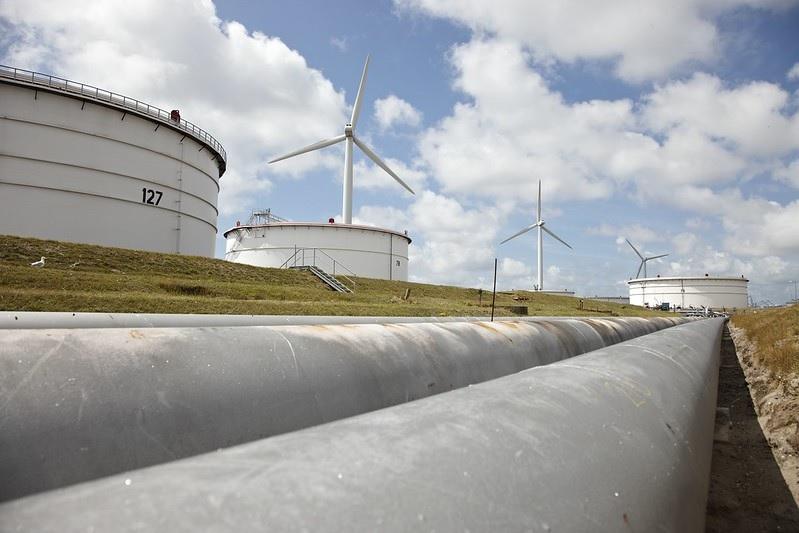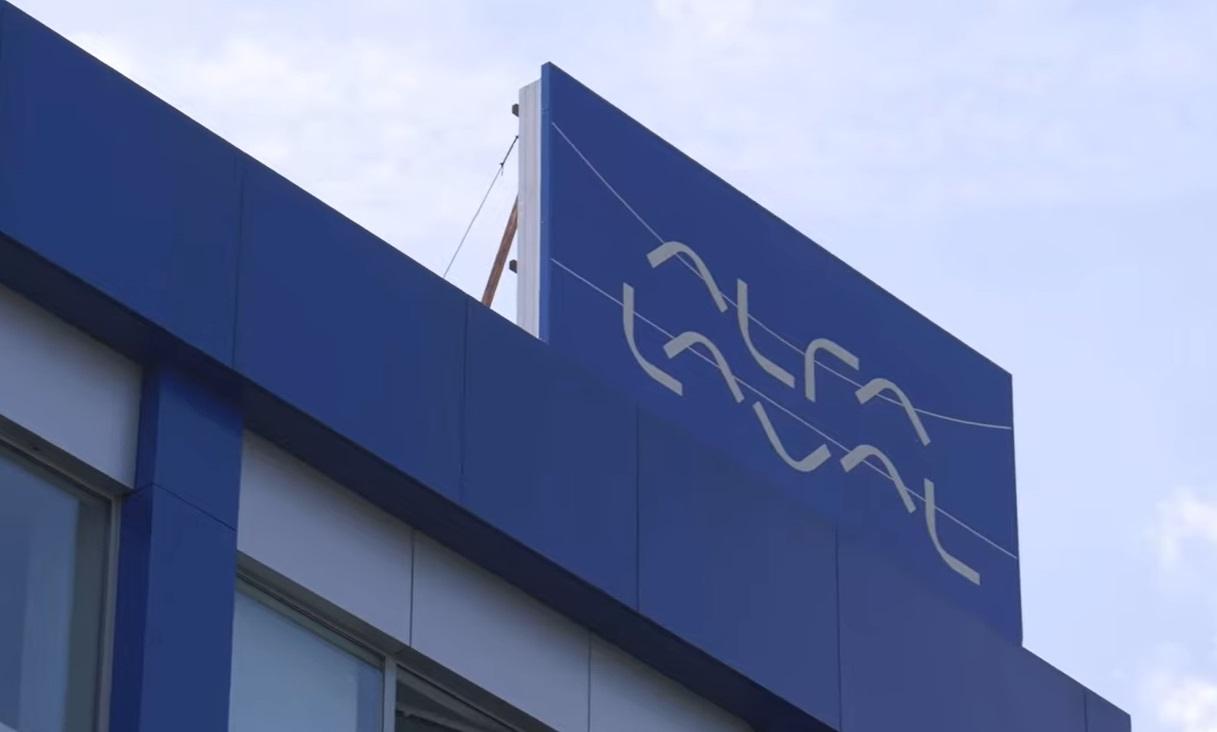Energy Giant BP Launches Energy Transition Strategy, Slashes Dividend
Energy company bp announced today a new strategy intended to transform itself from an international oil company into an integrated energy company. The new initiative will see major reductions in bp’s oil and gas production over the next 10 years, offset by substantial growth in low carbon energy investment and production.
Helge Lund, bp Chairman, said:
“Energy markets are fundamentally changing, shifting towards low carbon, driven by societal expectations, technology and changes in consumer preferences. And in these transforming markets, bp can compete and create value, based on our skills, experience and relationships. We are confident that the decisions we have taken and the strategy we are setting out today are right for bp, for our shareholders, and for wider society.”
By 2030, bp is aiming for a 10-fold increase in low carbon investment to $5 billion per year, focusing on renewables, bioenergy and early positions in hydrogen and CCUS. The company is targeting a 20x increase in renewable generating capacity to 50 GW by that time. Meanwhile, bp expects its oil and gas production to decline by at least 1 million BOE/D, a 40% reduction compared to 2019 levels, with the company’s remaining hydrocarbon portfolio becoming more efficient from both a cost and carbon perspective.
bp expects these actions to substantially improve the company’s emissions profile, anticipating emissions reductions from its operations and those associated with the carbon in its upstream oil and gas on the order of 30-35% and 35-40%, respectively.
Today’s announcement follows bp’s introduction of its new purpose earlier this year, which included a 2050 net zero target. The company has already been active in its energy transition activities, including the announcement in June of the sale of its global petrochemicals business to chemicals company INEOS for $5 billion.
Along with the introduction of the new strategy, bp also presented a new capital allocation framework, including a dramatic reduction in the company’s quarterly dividend payment. The company announced that it will cut its dividend roughly in half to $0.0525 per quarter, and that this level will remain fixed at this level. bp also committed to return at least 60% of surplus cash to shareholders through share buybacks, once bp’s balance sheet has been deleveraged and subject to maintaining a strong investment grade credit rating. The company is targeting a net debt level of $35 billion, relative to its current level of $40.9 billion. bp also plans to hold capital expenditure to the lower end of its $14-$16 billion range until it hits its net debt target.
Bernard Looney, Chief Executive Officer of bp, said:
“We believe that what we are setting out today offers a compelling and attractive long-term proposition for all investors — a reset and resilient dividend with a commitment to share buybacks; profitable growth; and the opportunity to invest in the energy transition.
“I want to acknowledge the impact the reset dividend will have on many – whether individual retail investors or large holders. However, it is a decision that we wholeheartedly believe is in the long-term interest of our stakeholders.”
bp’s new strategy focuses on three primary areas of activity, described by the company as follows:
- Low carbon electricity and energy: building scale in renewables and bioenergy, seeking early positions in hydrogen and CCUS, and building out a customer gas portfolio to complement these low carbon energies.
- Convenience and mobility: putting customers at the heart of what bp does, helping accelerate the global revolution in mobility, redefining the experience of convenience retail, and scaling bp’s presence and fuel sales in growth markets.
- Resilient and focused hydrocarbons: maintaining an absolute focus on safety and operational reliability, bp intends to drive capital and cost productivity up and emissions down. bp intends to complete the ongoing wave of major projects, decreasing capital intensity, and to continue to high-grade the portfolio, resulting in significantly lower and more competitive production and refining throughput. bp will not seek to explore in countries where it does not already have upstream activities. Rosneft is a fundamental part of bp’s broader portfolio and provides bp with a strong position in Russia.





